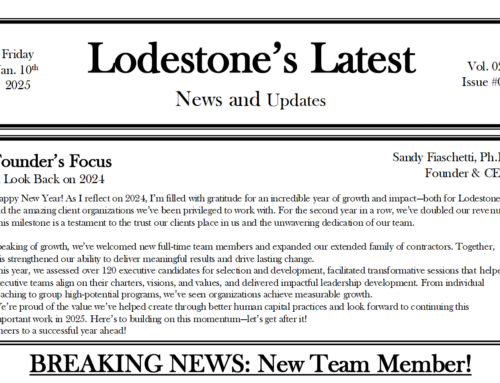
Our clients often reach out wanting us to help with selection, training, performance appraisals, workforce planning, and so much more. Commonly, one of our first steps and recommendations to solving these many issues is job analysis. This isn’t us being formulaic or prescriptive—quite the opposite actually. We often recommend job analysis because it forms the basis for the solution of virtually every human resource problem. It also happens to be a skill and tool that is unique to our trade as I/O psychologists.
Job analysis is all about determining what a job is and what it takes to successfully complete that job. Job analysis can be used to determine, based on concrete evidence, what the mission or objective of a job is, duties and tasks, skills or competencies needed, how the job relates to or interacts with other jobs, as well as the worth of a job both in relation to other jobs within a company and how that value compares to other companies. All this information is vital for everything ranging from determining fair/competitive pay to succession planning. For example, you need to know what a job is worth to know the monetary value to assign to it, and before you can establish any desired career ladders within your organization, it is important to understand how jobs fit together.
Job analysis is also vital for job, team, and system design and redesign for purposes ranging from safety and efficiency to employee satisfaction. Moreover, job analysis can help determine specific behaviors and conditions which may increase the risk of accidents and injuries on the job so work can be done to prevent such incidents from occurring. Similarly, job analysis can highlight the need for certain/improved work tools or aids and determine any redundancies within the job so that efficiency may be improved. Job analysis also serves as the foundation for human resource requirements and specifications, performance appraisal and management systems, and training. After all, you need to know what a job is in order to specify requirements, appraise against those requirements, and fill in any knowledge or skill gaps related to the job.
Another important, yet often overlooked value of job analysis has to do with legal defensibility. Many laws exist pertaining to employment and job analysis provides much documentation and evidence pertaining to what a job is and necessary worker qualities to support the legal defensibility of employment decisions and practices.
If any of this sounds relevant for your organization, or if you want to know more about what we do at Lodestone and why it’s important, please visit our about section.




